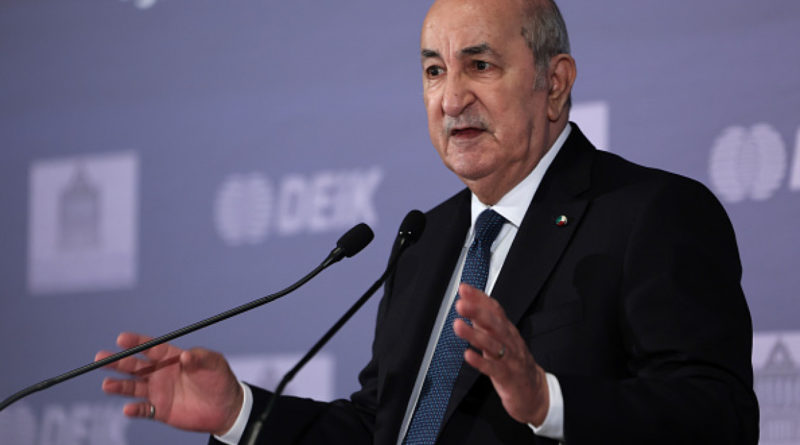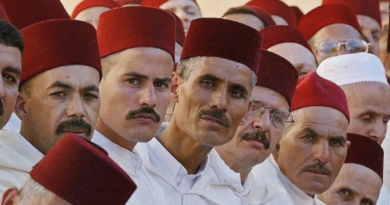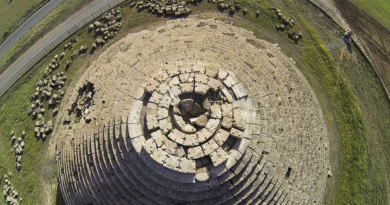Algeria’s forthcoming presidential race: A Surprising Turn
In the midst of many countries gearing up for elections this year, Algeria’s forthcoming presidential race was initially anticipated to be uneventful. However, President Abdelmadjid Tebboune’s unexpected announcement on March 21, three months ahead of schedule, has ignited a flurry of activity in the North African nation’s political landscape.
Tebboune’s decision to advance the election date has stirred widespread confusion and reinvigorated Algeria’s political parties, signaling a departure from the anticipated status quo. Dubbed “Ma fhemna walou” (which in Algerian dialect means “We didn’t understand anything”) on social media platforms, the abrupt move has prompted scrambling opposition parties to prepare challenger candidates for the upcoming poll on September 7. Interestingly, Tebboune himself has yet to formally declare his intentions for seeking a second term, adding to the uncertainty surrounding the political climate.
Despite attempts to rationalize the decision by authorities, the move has faced backlash and skepticism from various quarters. Concerns have been raised regarding the timing of the election, scheduled during the scorching heat of August when many Algerians traditionally embark on vacations, potentially dampening voter turnout.
This unexpected turn of events comes against the backdrop of Algeria’s political landscape evolving in the aftermath of the 2019 nationwide protest movement, which led to the resignation of former President Abdelaziz Bouteflika. Tebboune ascended to power amidst promises of reform, yet his tenure has been marred by restrictions on public demonstrations and ongoing economic challenges.
As Algeria prepares for its next electoral chapter, questions linger regarding the future trajectory of the nation. With political parties mobilizing and potential candidates emerging, the September election promises to be a pivotal moment in shaping Algeria’s political landscape. Despite obstacles and skepticism, voices advocating for democratic engagement, such as attorney Zoubida Assoul, emphasize the importance of seizing the opportunity for meaningful dialogue and progress.



